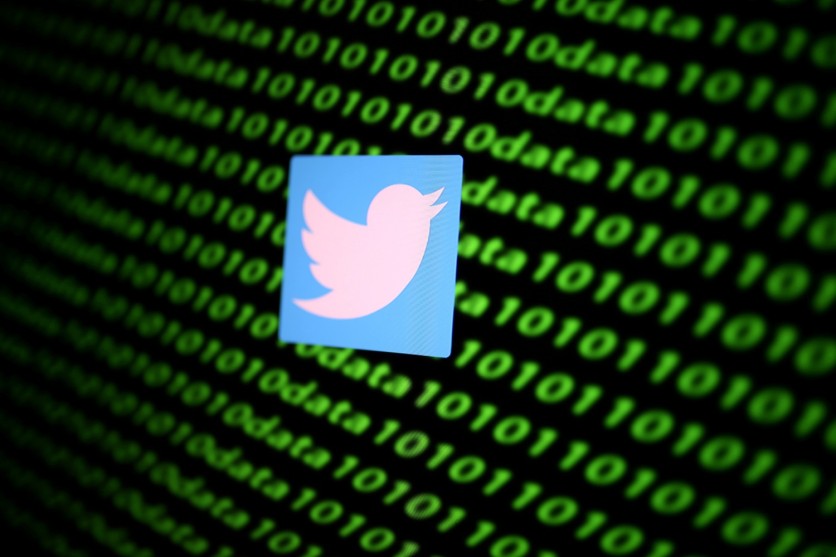Ending a six-year legal battle, Twitter cannot reveal surveillance requests it received from governments, a federal judge has ruled on Friday, Apr. 17, Reuters reported.

Judge Yvonne Gonzalez Rogers accepted the government's argument. She wrote in her order that Twitter's request to reveal part of its Draft Transparency Report would likely lead to grave or imminent harm to the national security.
In a statement emailed to The Verge on Saturday, Apr. 18, a Twitter spokesperson said the company was "disappointed" with the court's decision but that it would continue to fight for transparency. He adds that "freedom of expression is the cornerstone of why we exist."
"We believe it is vital that the public sees the demands we receive, and how we work to strike a balance between respecting local law, supporting people's ability to Tweet, and protecting people from harm," the statement said.
In 2014, Twitter sued the Justice Department, which hindered the release of its reports in the U.S. District Court for Northern California. In the complaint, Twitter said that current rules prevent it from even stating that it has not received any national security requests for user information.
Twitter argued that free speech rights were being violated since it was barred from revealing the number of government surveillance requests it receives. "This is an important issue for anyone who believes in a strong First Amendment, and we hope to be able to share our complete transparency report," said Twitter. This legal battle spawned over nearly six years, passing through four attorneys general.
"Seriously undermines transparency"
In early 2014, several other companies, including Google and Facebook, reached an agreement with the U.S. government earlier to disclose national security requests in broad numbers. This allows companies to publicly announce the number of FISA requests and national security letters they received as well as the total number of users affected in a certain year.
Yet, Twitter thought that measure was insufficient.
Former Twitter Policy Director Jeremy Kessel wrote that merely allowing Twitter, or any other company, to disclose national security requests within a broad range "seriously undermines the objective of transparency."
In a 2014 press release, Twitter disclosed a 66% increase in requests they received for account information, which impacted over 6,400 accounts worldwide. The requests come from more than 45 countries, but the bulk still came from the U.S. government, which is 59% in the last report. However, both numbers will still have to be reported in bands of 250 or 1000.
Meanwhile, Japan and Saudi Arabia have made 213 and 110 orders, respectively. Most of those requests, however, were not actually honored. The company also encouraged other companies to publish their own transparency reports.
The deal also applies to phone companies. Some companies have recently begun already began reporting law enforcement requests. In January 2014, Verizon released its transparency report that shows over 320,000 requests that they received from the government. The most common category was subpoena, providing the police with metadata and customer information.
Meanwhile, the Electronic Frontier Foundation, a nonprofit group that defends civil liberties online, as well as numerous privacy and free-speech organizations, expressed their disappointment that companies dropped their lawsuit for a little favor.
Read also: Google: Out of 100 Million Phishing Emails; 18 Million Have COVID-19 Info Inside it
ⓒ 2025 TECHTIMES.com All rights reserved. Do not reproduce without permission.




